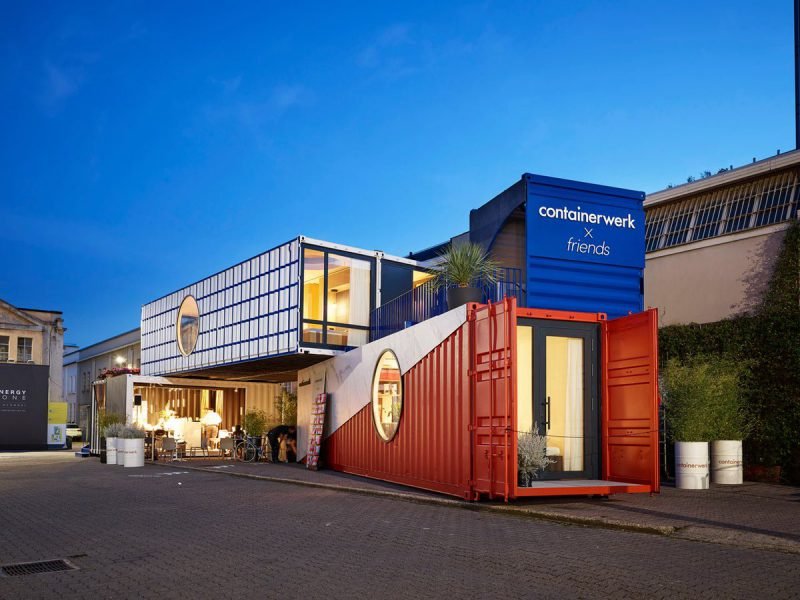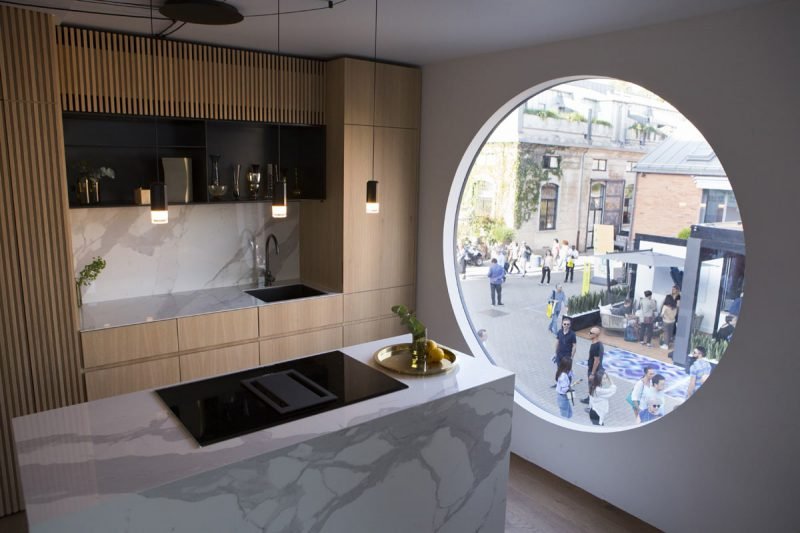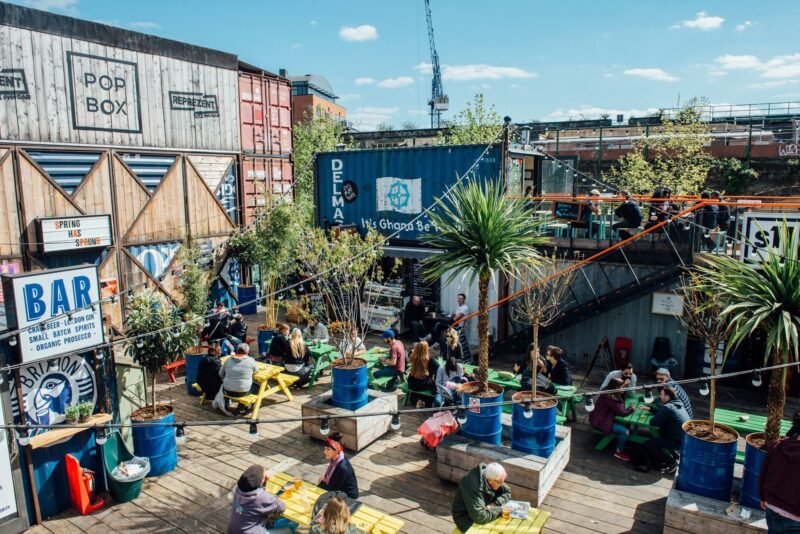German Startup Turns Shipping Containers Into Micro-Homes

German startup Containerwerk retrofits used shipping containers into high-quality living and office spaces.
During Milan Design Week, Containerwerk presented two retrofitted shipping containers. One focused on micro-living and showed how all residential features could fit in a single eco-friendly container. The other one questioned the optimal usage of the existing spaces to highlight the rising trend of temporary housing and commonality.

Container houses, hotels, student residences pop up all around the world. But why? The severe housing crises in cities like Hong Kong, Amsterdam or Copenhagen and the increasing demand for affordable housing make individuals, companies and municipalities look for fresh solutions. Low-cost container or tube houses represent exactly this. They are not only more affordable than conventional housing, but also a much faster to build and sustainable.

Containerwerk makes use of 100% recyclable insulation materials, shorter construction times and more energy efficient building process. The prefabricated houses are delivered to the place of installation, relieving the neighborhood from the stress of building noise. The sudden appearance of container villages might, however, disrupt the aesthetic image of a neighborhood. In order to blend microliving into current neighborhoods, the transition process must be thoroughly navigated and locations carefully picked. A good target might, for instance, be a multi-storey parking structure that can be easily repurposed into a block of container flats, as KTGY Architecture + Planning shows in the United States.


A fast-paced nature of installment alongside trace-free removal produces spaces different in nature, such as Startup Village (by Julius Taminiau Architects) in Amsterdam. Here, the container space represents an opportunity. It appears on a derelict patch of land. Turned into a hub of innovation for young companies, it gives them a chance they would not otherwise have.



